EDITORIAL
Published on 27 Jun 2022
Editorial: Mitochondrial Metabolism in Ischemic Heart Disease

doi 10.3389/fcvm.2022.961580
- 1,341 views
- 2 citations
27k
Total downloads
97k
Total views and downloads
EDITORIAL
Published on 27 Jun 2022

ORIGINAL RESEARCH
Published on 25 Apr 2022
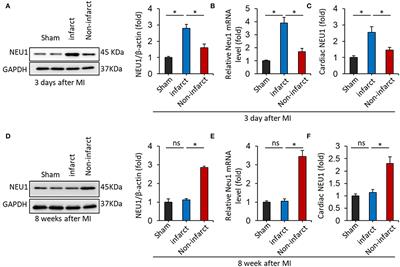
ORIGINAL RESEARCH
Published on 11 Apr 2022
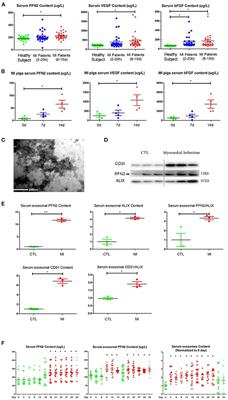
ORIGINAL RESEARCH
Published on 23 Mar 2022
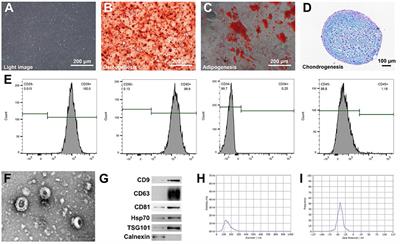
ORIGINAL RESEARCH
Published on 04 Mar 2022
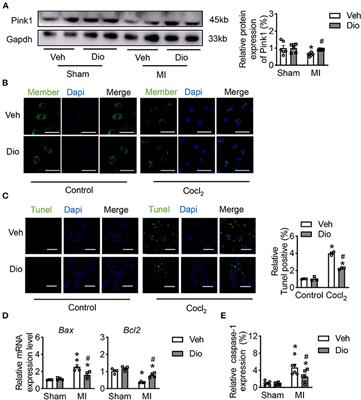
ORIGINAL RESEARCH
Published on 25 Feb 2022
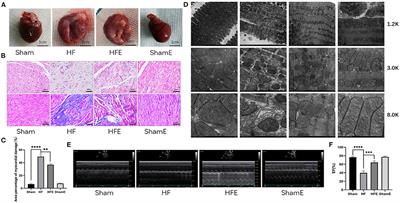
ORIGINAL RESEARCH
Published on 21 Feb 2022
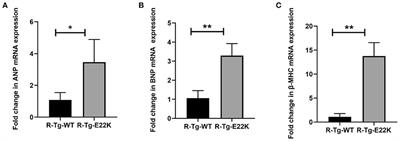
REVIEW
Published on 14 Feb 2022

REVIEW
Published on 18 Jan 2022
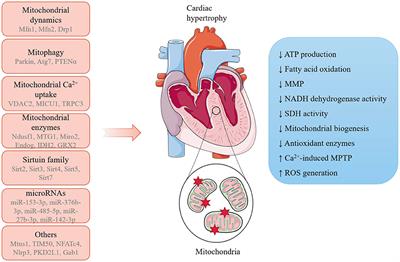
REVIEW
Published on 13 Jan 2022

ORIGINAL RESEARCH
Published on 03 Jan 2022
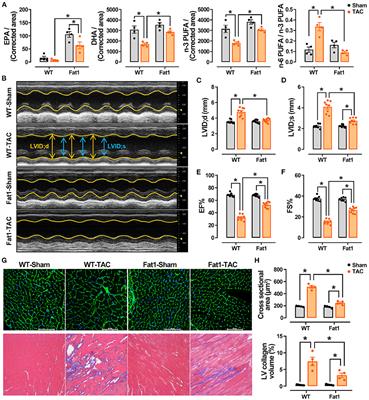
REVIEW
Published on 09 Dec 2021
